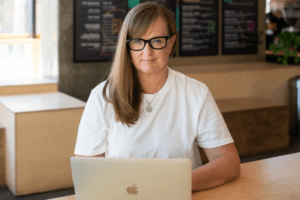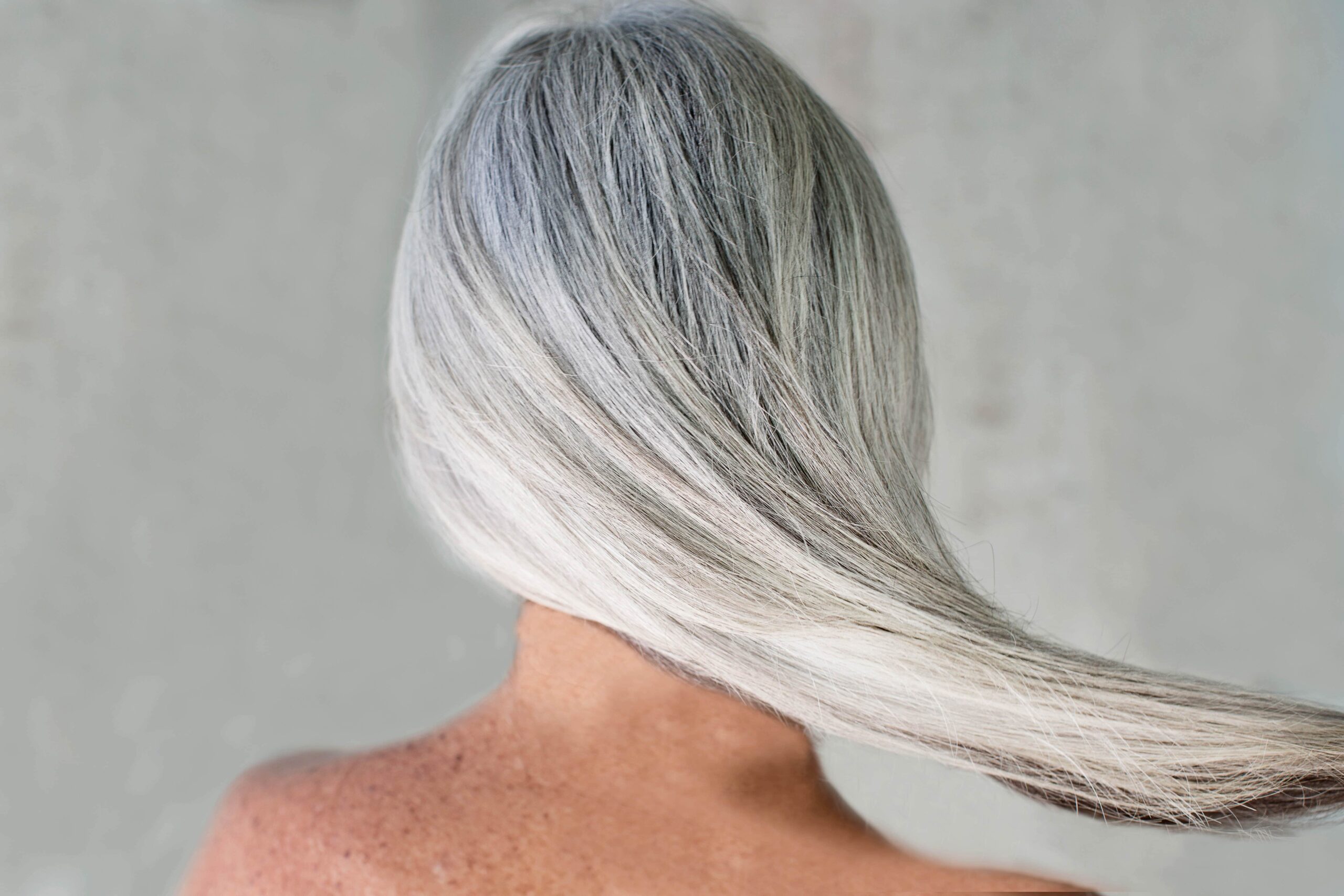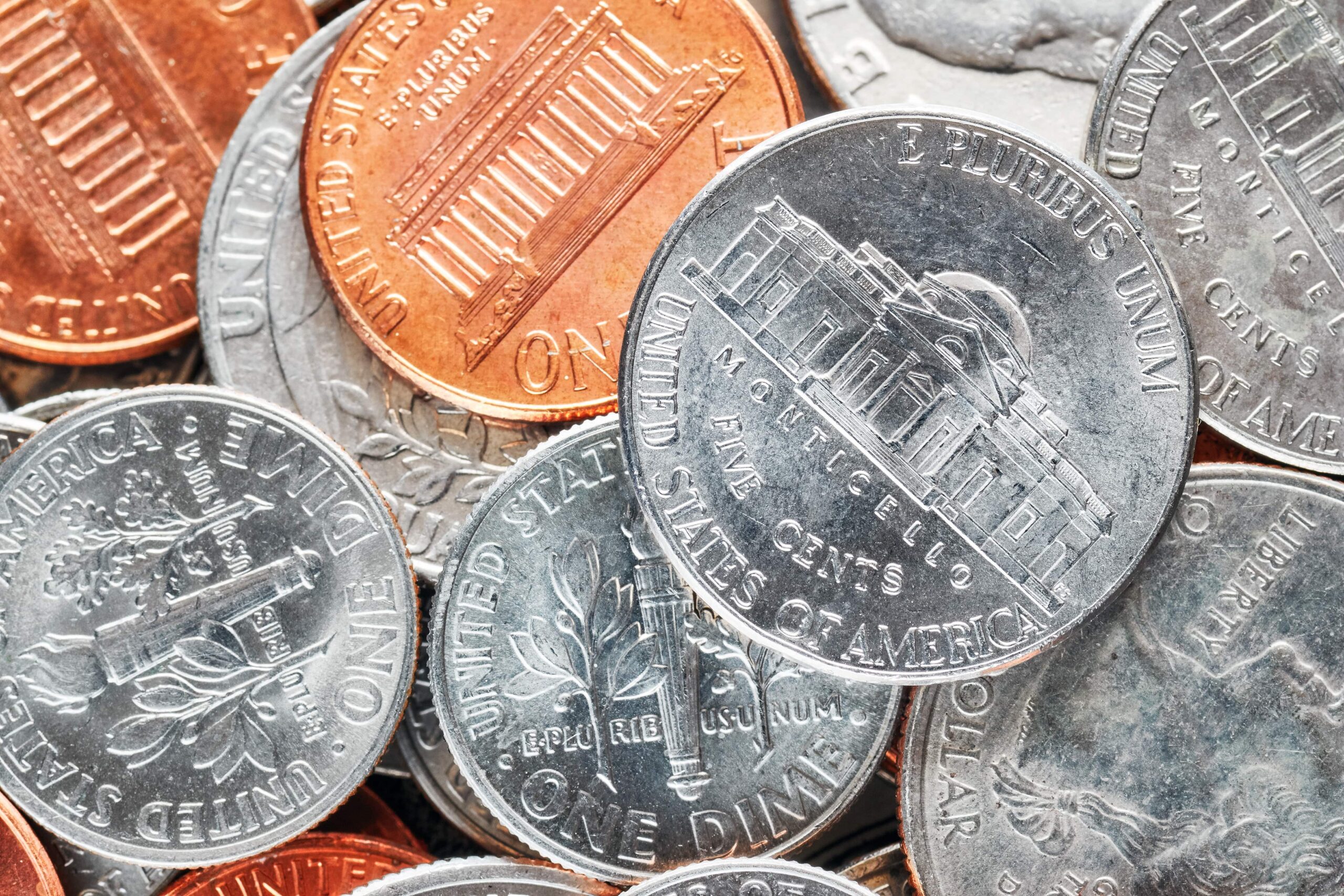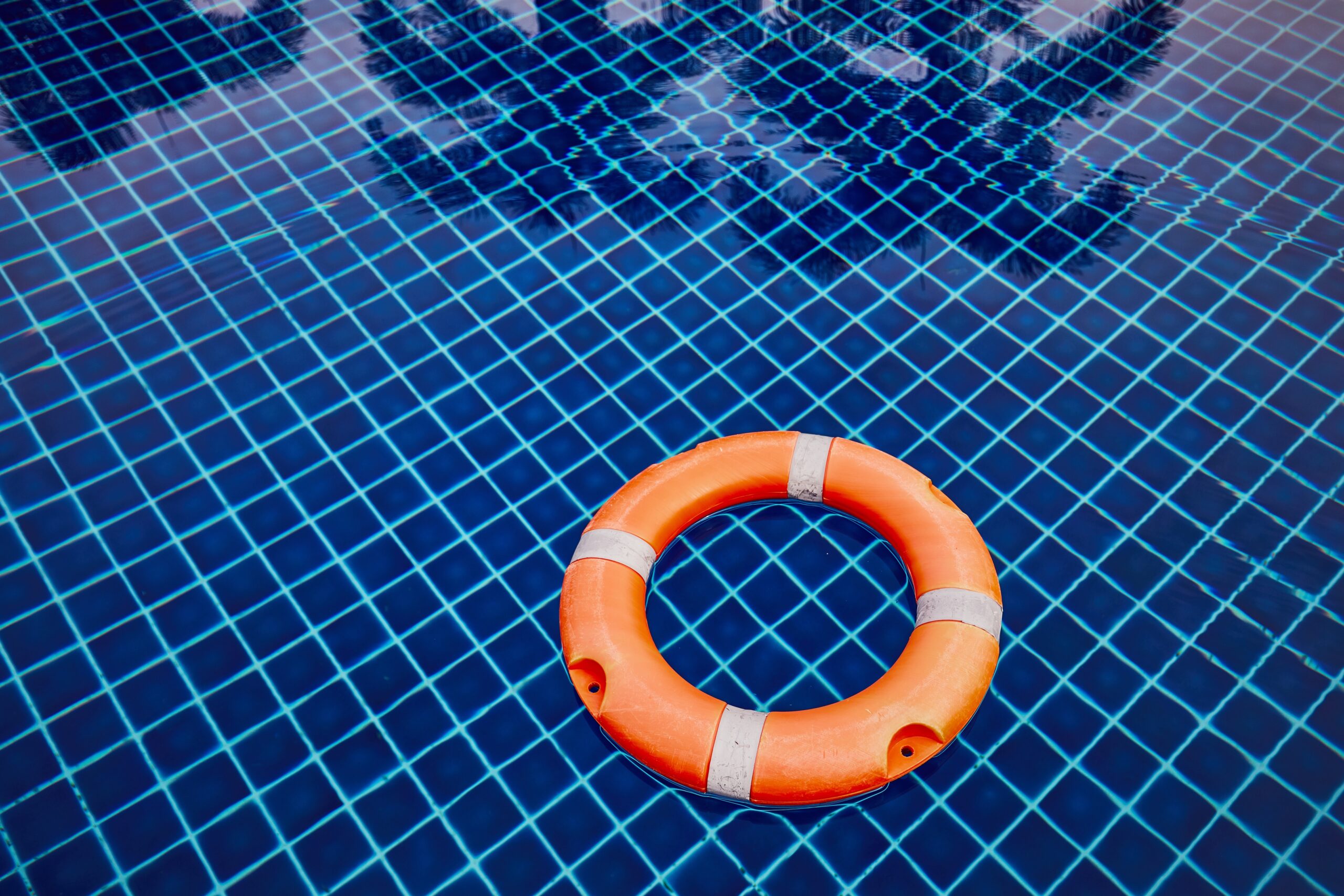
I saw an Instagram post once that was a real scroll-stopper.
It encouraged women to treat their hot flashes like orgasms. As in, waves they could ride and enjoy, rather than dread. I decided to try it. Not surprisingly, my next hot flash was decidedly unsexy and I did not enjoy it.
BUT. It was not nearly as bad as all the other hot flashes I’d been having, and none of the ones I had since were either.
Why? Well, because of the orgasm thing, I started leaning into my hot flashes. I stopped dreading them. Which means I stopped denying them. I started approaching each one with curiosity and detachment, as a neutral experience that I will soon get through, and that has made everything better.
This is backed up by multiple studies, even specifically relating to menopause. In 2010, a literature review of 13 studies published in the journal Maturitas found that women with more negative attitudes towards menopause report more symptoms, and more severe symptoms, during this transition.
No one really knows why hot flashes exist. But autopsies in postmenopausal women have shown changes in the KNDy neural complex, referring to the three molecules – kisspeptin, neurokinin and dynorphin – located inside a collection of nerve cells in the hypothalamus. The working theory is that as the KNDy neurons become hyperactivated and trigger hot flashes in the brain’s nearby thermoregulatory center.
But what hyperactivates them? Once I stopped fighting my hot flashes, I actually started having less of them. And slowly I realized that when they do happen, they are almost always associated with some sort of stressful event. That’s good information, and it means I can also use each hot flash as a reminder to check in with how I’m really feeling, which is a core tenet of self-care.
We know there are a lot of other factors that go into how we experience our menopause transition and the symptoms that can go with it: past trauma, racial and socioeconomic factors, abuse and stress can all make things worse, as can and other physical factors and conditions.
But a bad attitude is a bad attitude, whether it’s seeing your in-laws on Saturday afternoon or the way you’re thinking about your workout. And I’ve taken to applying this to the rest of my life too.
For example, drawing blood has been a very big trial in my life as my veins are small and deep. In my younger years I had a number of bad experiences with doctors or nurses fishing a needle around in my arm with no luck, and more than once those experiences ended in tears. In my 30s I decided it would be best to “warn” those people taking my blood how hard it had been, and would be. Although I thought I was being responsible, all of a sudden it was hard every time. I had a lot of blood taken in my 40s, when I was in perimenopause but sure I was dying of something, and boy was it difficult.
In my late 40s, I began to shift my outlook on everything to one that was more positive. Whenever I had to have blood drawn, I just sat quietly and repeated to myself: “They are professionals who do this all day long. They’ll find a vein. Just relax.” I have not had a problem since. Sometimes the practitioners tell me after how difficult it was, but that’s it.
Outside of menopause, research increasingly shows that we make our own reality much of the time, which is why we are hearing so much about mindset and the quantum field these days. It’s a mind-bending concept for someone who failed Grade 11 physics, but also incredibly simple to observe in daily practice. A conscious shift in my approach works to make other parts of my life better – errands, dating, difficult conversations, work, tough exercise – so why not hot flashes? Why not everything about menopause?
Changing how we feel about all this takes work, of course. Rochelle Weitzner, the beauty industry veteran who ran or helped run brands like Erno Laszlo, Laura Mercier Cosmetics and RéVive Skincare before she launched her own company Pause Well-Aging in 2019, is a good example of how it’s done. She chooses her words for everything to do with midlife very carefully, even trademarking the term “Well-Aging” because she so disliked the negativity associated with “anti”. She takes the same approach to menopause, too.
“I don’t even like to call it symptoms,” she told me on the Hotflash inc podcast. “I like to say ‘experiences’, because ‘symptoms’ sounds medical to me and I want to veer away from that medical condition because it isn’t a medical condition. Might we have medical implications? As a result, of course, but that doesn’t mean that everyone in the world who goes through menopause is now suddenly, you know, struck with a medical condition.
This is going to far from easy, of course, particularly in a time when people are talking about menopause a lot more, and that discussion – and a lot of the media attention – tends to make it sound like a catastrophic event, rather than nature’s planned end of our fertility.
But the truth is, each hot flash – and each stage in this transition – gets us closer to a time when all this inner turbulence will be in the rear-view mirror.
And that is something to feel very positive about indeed.
Ann Marie McQueen is the founder of Hotflash inc, a global platform to inform, inspire and entertain people in peri/menopause while bridging the gap between mainstream medicine and holistic care.






